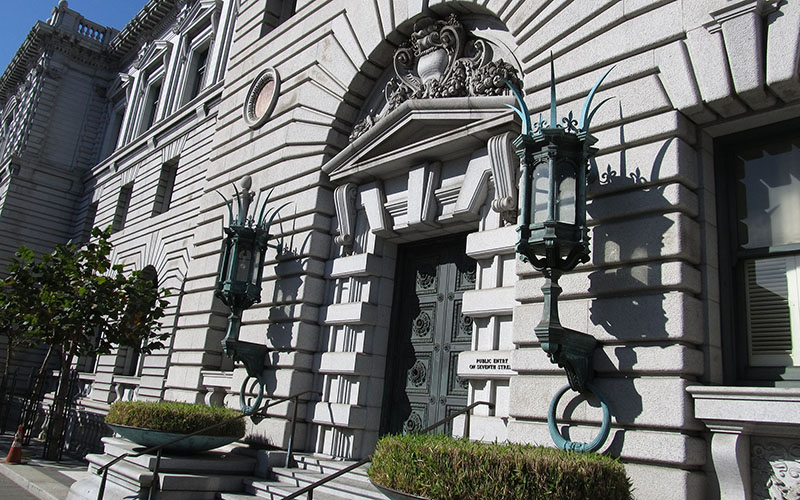WASHINGTON – A federal appeals court Monday upheld the conviction of a white supremacist who bombed the Scottsdale Office of Diversity and Dialogue in 2004, causing significant damage and injuring three people.
Dennis Mahon had argued that he could not be charged under a federal law relating to attacks on interstate commerce because the nonprofit, municipal office he blew up did not qualify.
But a three-judge panel of the 9th U.S. Circuit Court of Appeals disagreed, noting that the office “regularly engaged in activities that affected interstate commerce” by working to make Scottsdale a tourist destination, bringing in events and speakers that drew thousands of people.
A spokesman for the U.S. Attorney’s Office in Arizona said the office would not comment on the case. But Assistant Federal Public Defender Daniel Kaplan, who represented Mahon, said he was “disappointed” with the decision.
“I respectfully disagree with the decision of the panel and I believe the Supreme Court precedent requires a narrower interpretation of that statute than the panel applied here,” Kaplan said.
That statute is part of the U.S. Code dealing with explosives, specifically the penalties for using explosives to damage any “building, vehicle or other real or personal property used in interstate or foreign commerce.”
The case began on Feb. 26, 2004, when the then-director of the Diversity Office opened a box that had been sent to the office, triggering a “massive pipe bomb explosion” that blew a hole in the counter it was sitting on, shattered windows and caused a wall and ceiling to collapse.
The court said the director suffered severe injuries that required multiple surgeries and skin grafts, and the he nearly lost a finger. Two other employees were injured as well.
Mahon had left a voicemail message at the office a few months earlier, in which he identified himself as “Dennis Mahon of the White Aryan Resistance of Arizona,” court documents said. The court said that after uttering racial epithets and complaining about the office’s outreach efforts, Mahon ended by saying the resistance “is growing in Scottsdale. There’s a few white people who are standing up. Take care.”
That sparked a multiyear undercover investigation that found “overwhelming evidence” of Mahon’s participation in the attack, the opinion said.
He was indicted in 2009 on three counts and convicted by a jury in 2012 on all three counts: conspiracy, using an explosive device and teaching the use of an explosive device to another. He was sentenced to 40 years in prison.
On appeal, Mahon argued that a “municipal government entity engaged in classic governmental functions” could not qualify as being used in interstate commerce.
The court said it is not the type of building but the type of work it does, and that the Diversity Office was engaged in interstate commerce.
It said it had “little concern” that its ruling would mean the destruction of any municipal building would become a federal crime, noting that those decisions would be made on “a case-by-case analysis.”
Scottsdale officials said Monday that the 2004 bombing was a “loss of innocence” for the city, which instituted significant safety precautions as a result of the attack.
City spokesman Mike Phillips said the city hired a building security officer, installed metal detectors and began to screen mail. Although some of those measures were later relaxed, Phillips said the incident served as a wakeup call for Scottsdale.
“The bombing really did change the culture here at the city,” said Phillips, adding that they were fortunate no one died in the attack. “We became more cognitive to security and it turned a new chapter at how the city looks at security.”
